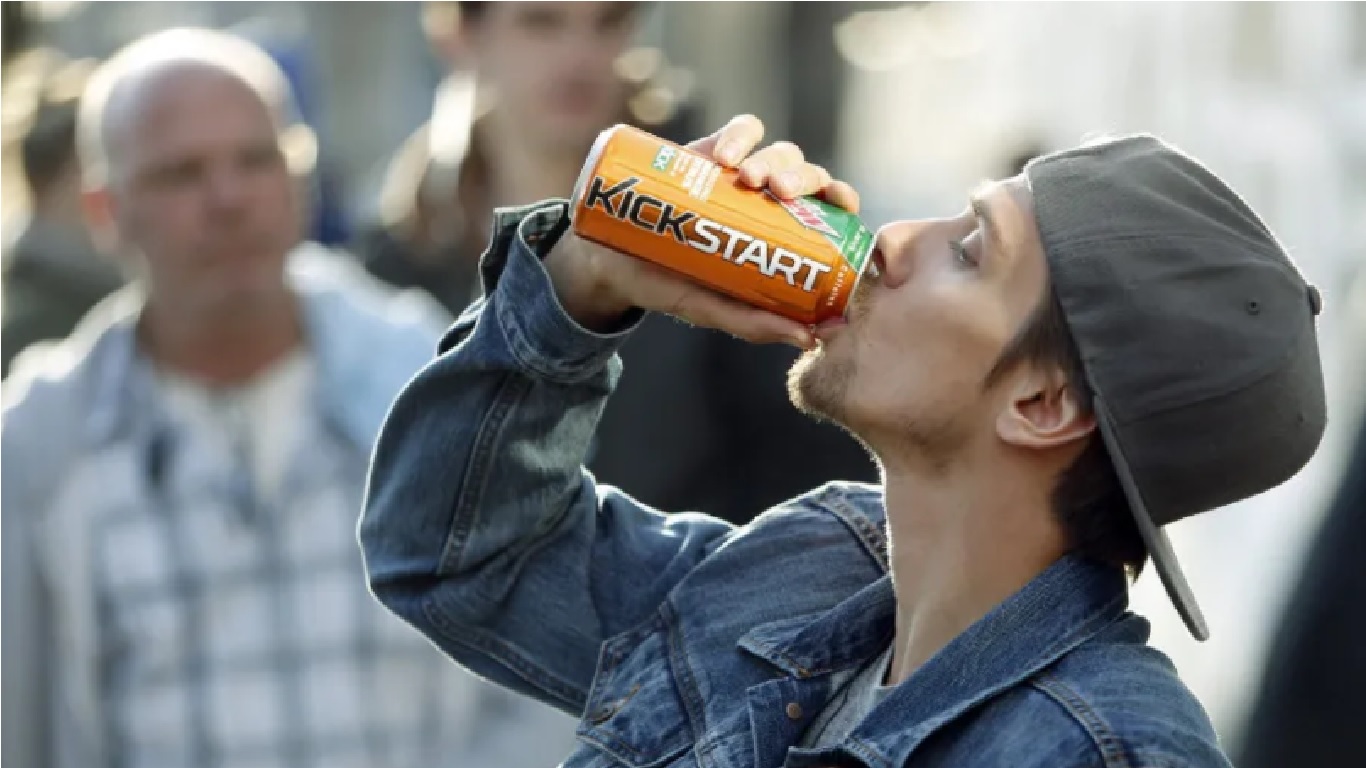
Additionally, they contain 120 mg of L-theanine to give you that heightened focus and boosted productivity you’re looking for without the jitters or crash. These popular energy shots provide 180 mg of organic caffeine that comes from green tea to provide clean, long-lasting energy. If you haven’t tried Proper Wild’s energy shots yet, you’re missing out. Proper Wild: 180 mg Per Shot Winner: Highest Quality Caffeine The different flavors sometimes have different levels of caffeine, but the original Monster boasts 160 mg per can serving while the other flavors can have anywhere from 115 to 187 mg. There is a huge selection of different flavors and varieties of Monster, from the original to the more unique ones like Juice Monster, Pipeline Punch, and even coffee-inspired flavors.

Monster is an energy beverage that was launched in 2002 and is pretty popular in the energy drink world. If you grab the regular 16 oz can, most varieties will have around 160 mg of caffeine, while the large 24 oz cans have 240 mg of caffeine.

Rockstar comes in a standard 16 oz can, or a large 24 oz can. It launched back in 2001 and is similar to the energy drink Monster in that there are a huge variety of flavors that are now available. Rockstar is another pretty popular energy drink. Red Bull comes in a 12oz can, which is slightly smaller than some of the other energy beverages on this list, but it still contains quite a bit of caffeine.Įach can of Red Bull has roughly 111 mg of caffeine. Although the original flavor in the silver and blue can is among the most famous, there are a variety of other Red Bull flavors on the market now, too. This popular beverage hit the shelves in Austria in 1987 and made its way to other countries around the globe in the following years. Red Bull is a classic energy drink that is known fairly well. (Lowest to Highest) Red Bull: 111 mg Per Can Top Energy Drinks Ranked by Their Caffeine Content With that in mind, have you ever wondered what energy drink has the most caffeine? If so, you’ve come to the right place! Keep reading as we rank energy drinks by their caffeine content. However, for kids and teens, daily caffeine intake should be even less.

Recommendations for consuming caffeine are up to 400 mg a day and no more than 200 mg in a single dose. Often combined with incredibly large amounts of sugar, these popular beverages may pose a serious health risk with studies continuing to show an increasing amount of negative impacts from large doses of caffeine and sugar.

Caffeine levels in many energy drinks can be very high.


 0 kommentar(er)
0 kommentar(er)
